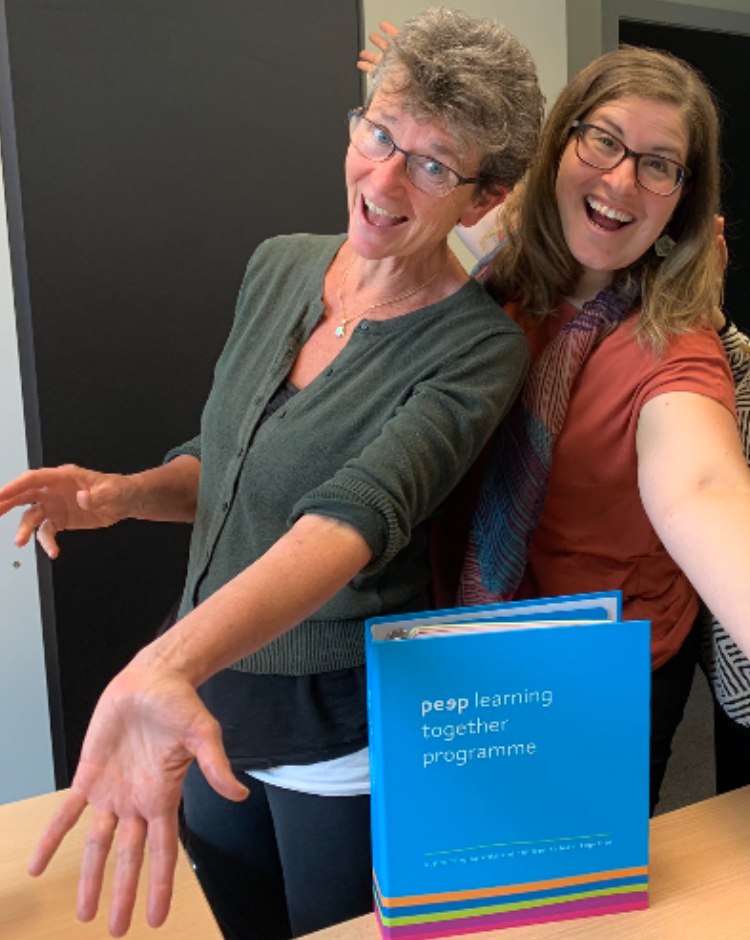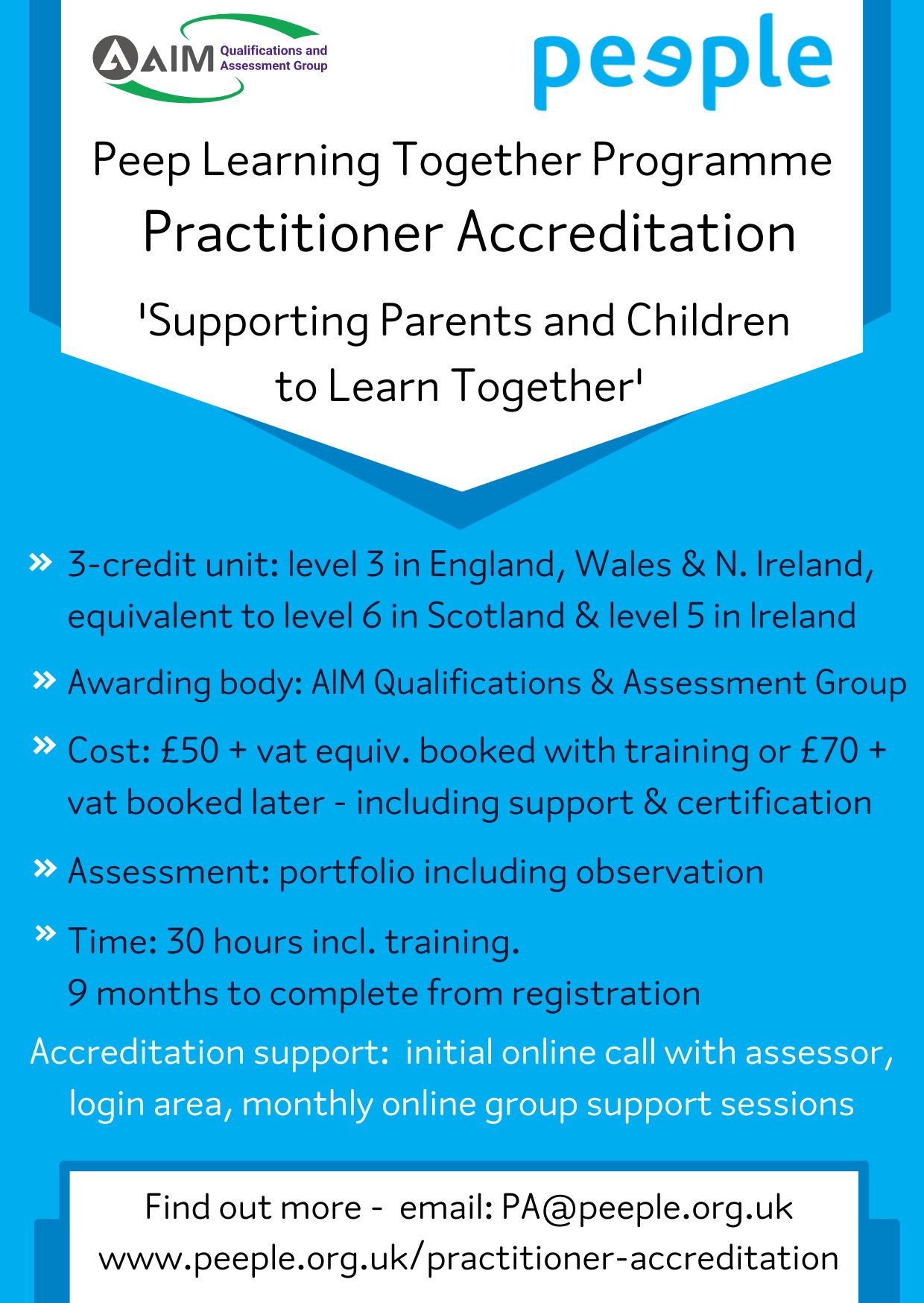'I found completing the accreditation really beneficial. I enjoyed reflecting on my practice since starting Peep delivery, it has highlighted my development and growth as a practitioner and furthered my passion for the Peep Learning Together Programme.' Rachel, Peep Practitioner, Aberdeen City Council
'It was lovely to have a dedicated assessor who encouraged me and celebrated my submissions along with me. It was a boost to my day every time I got some positive feedback from my assessor, and kept me going.' Jennifer, Let’s Grow Together Practitioner, Cork
'I applied for the Practitioner Accreditation to give me a deeper knowledge and understanding of the Learning Together Programme. I have found the learning experience very useful as a tool to help me with this. It’s made me reflect on my delivery of the Programme and how I could make it better. Doing the research and gathering the evidence needed to complete the tasks was also interesting and enjoyable. The support from my assessor was consistent and there when I needed it throughout the process, and there were workshops offering support regularly to help with completing the tasks.
The accreditation process has given me more confidence to plan and deliver the topics. It has also made me more aware of how important home learning is to a child’s development. It has made me think about the dynamics of different groups and the need to adapt and vary my delivery to suit the group. All these things have helped me to build positive relationships with the families in my groups, and given them more confidence to support their children’s learning.' Moira, HomeStart Volunteer, Edinburgh

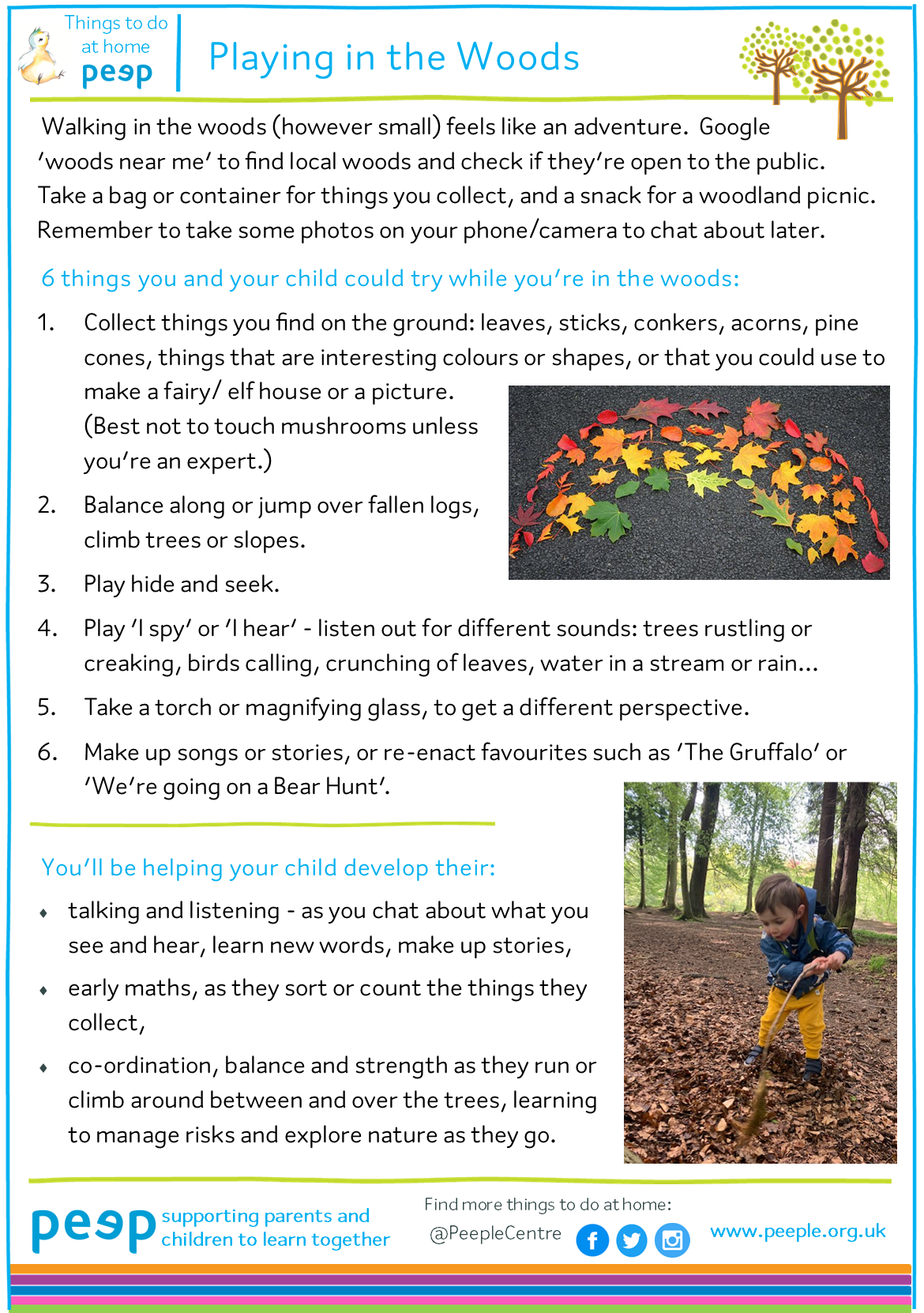
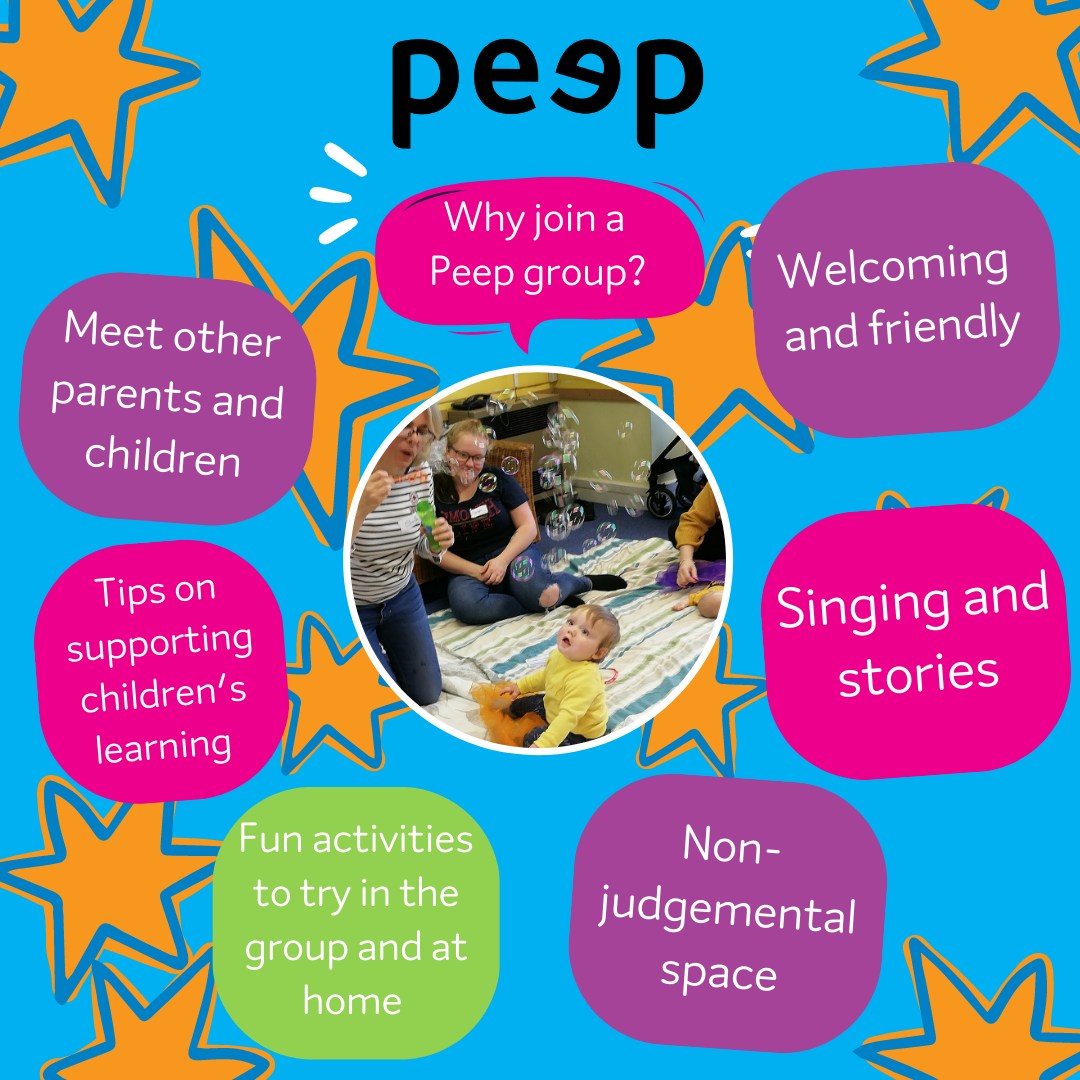
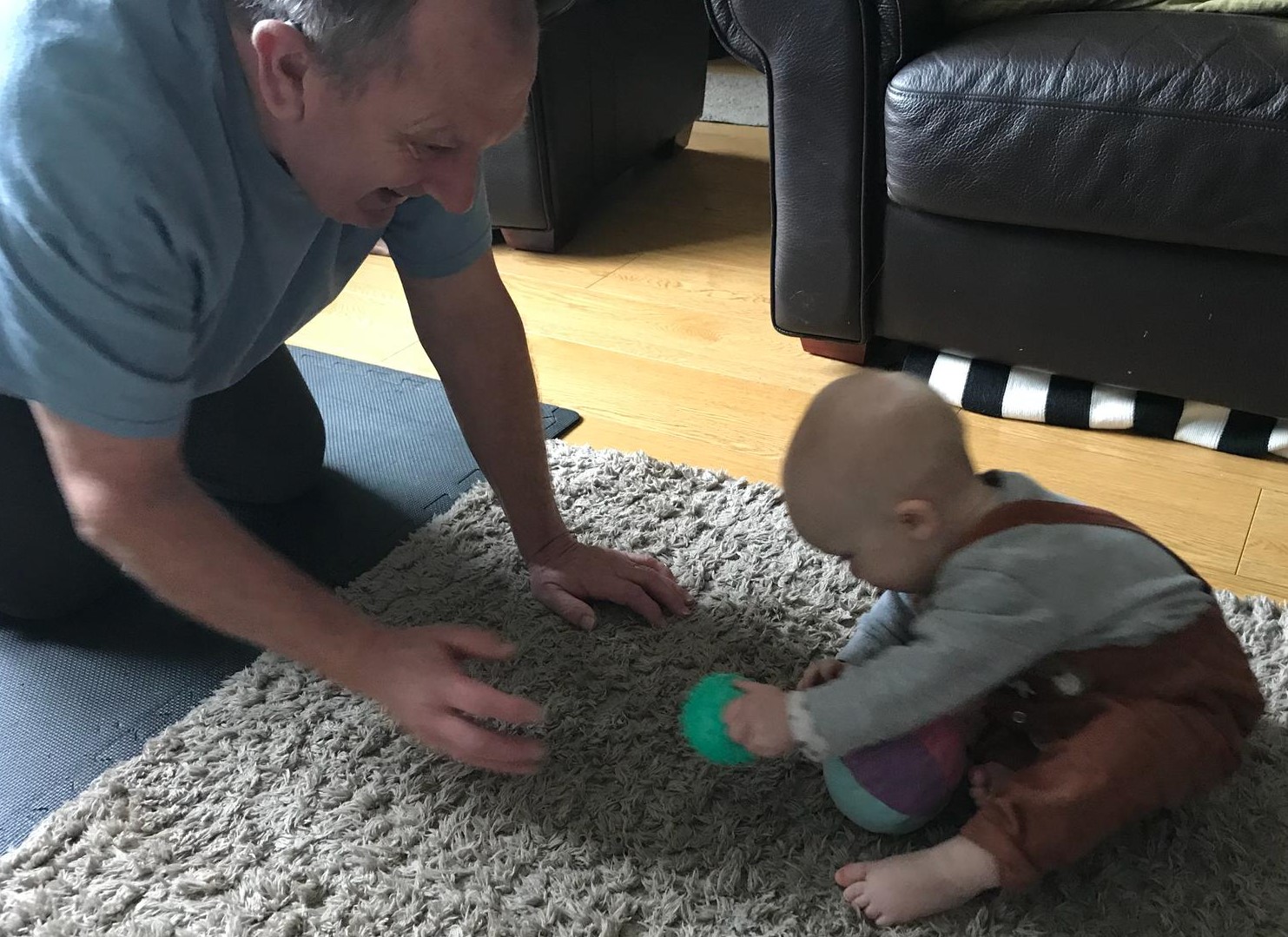
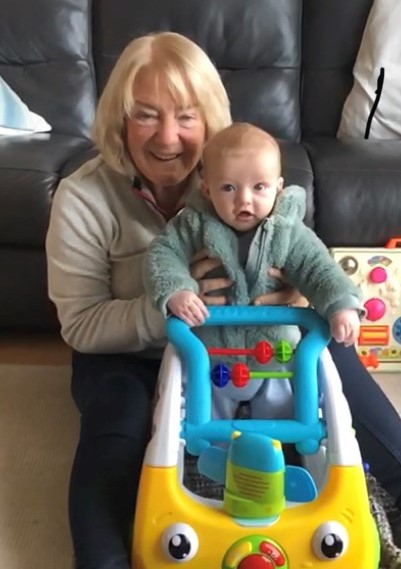 'Finally I am folding up my stretchy songband professionally after starting my first Peep Group in 2003. Apart from ageing a wee bit, and making sure my grandchildren love a song, I have loved every bit of my adventure with the Peeple organisation that is now all grown up.
'Finally I am folding up my stretchy songband professionally after starting my first Peep Group in 2003. Apart from ageing a wee bit, and making sure my grandchildren love a song, I have loved every bit of my adventure with the Peeple organisation that is now all grown up.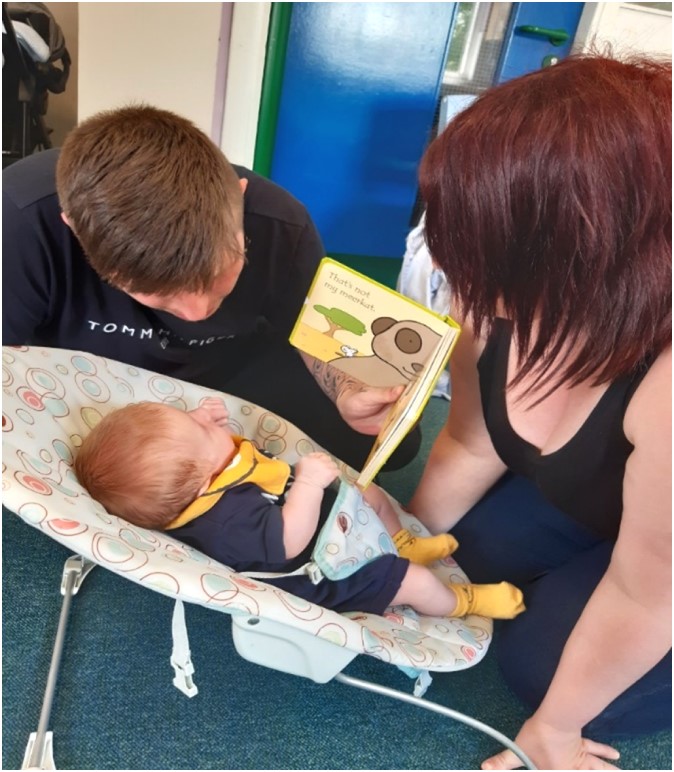
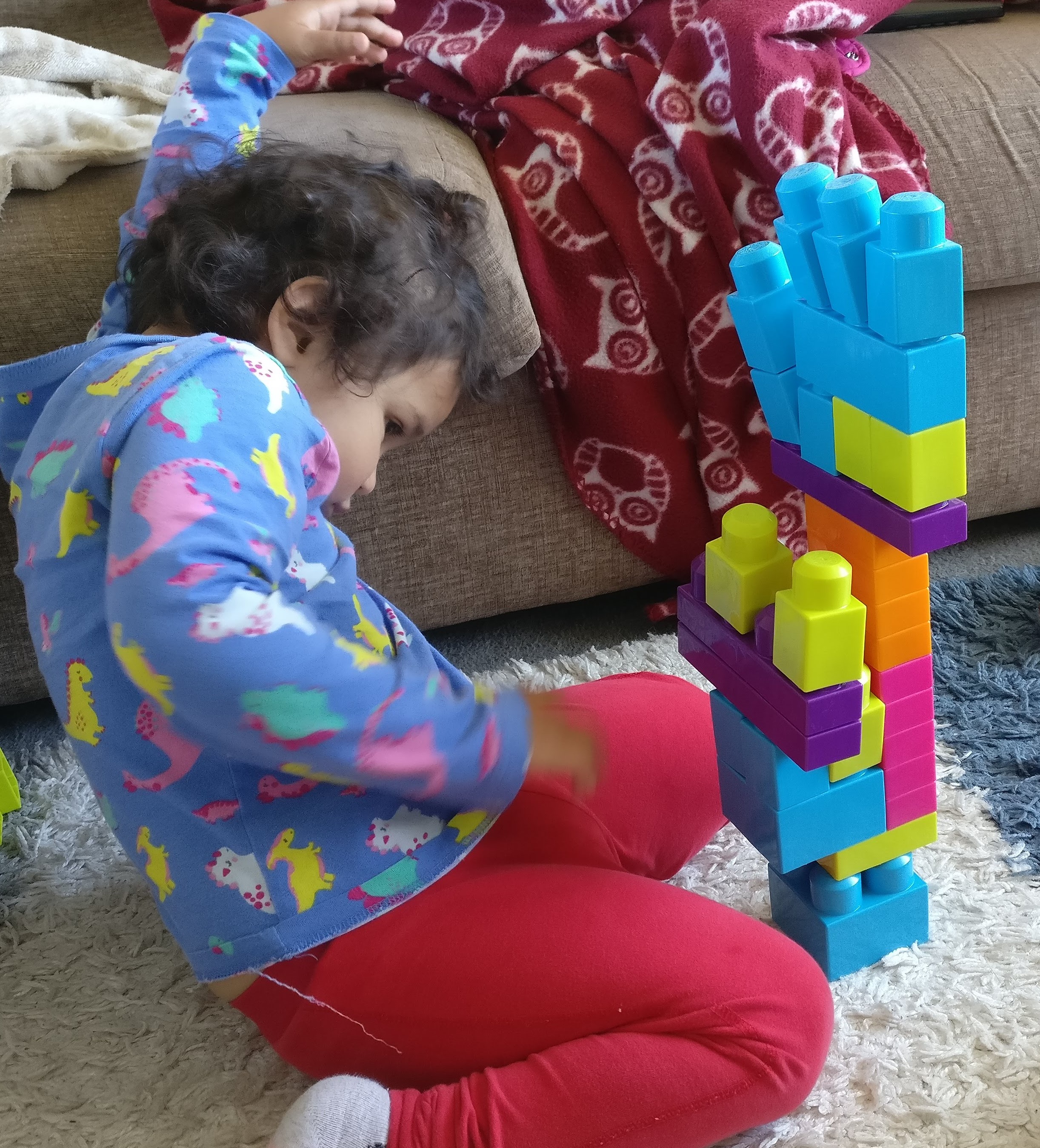 Children’s early STEM development grows from their natural curiosity and engagement in real-world experiences and play. These can be enhanced through interaction with adults who have the confidence to share the child’s interest, and can be extended still further with relevant knowledge, vocabulary and ideas.
Children’s early STEM development grows from their natural curiosity and engagement in real-world experiences and play. These can be enhanced through interaction with adults who have the confidence to share the child’s interest, and can be extended still further with relevant knowledge, vocabulary and ideas.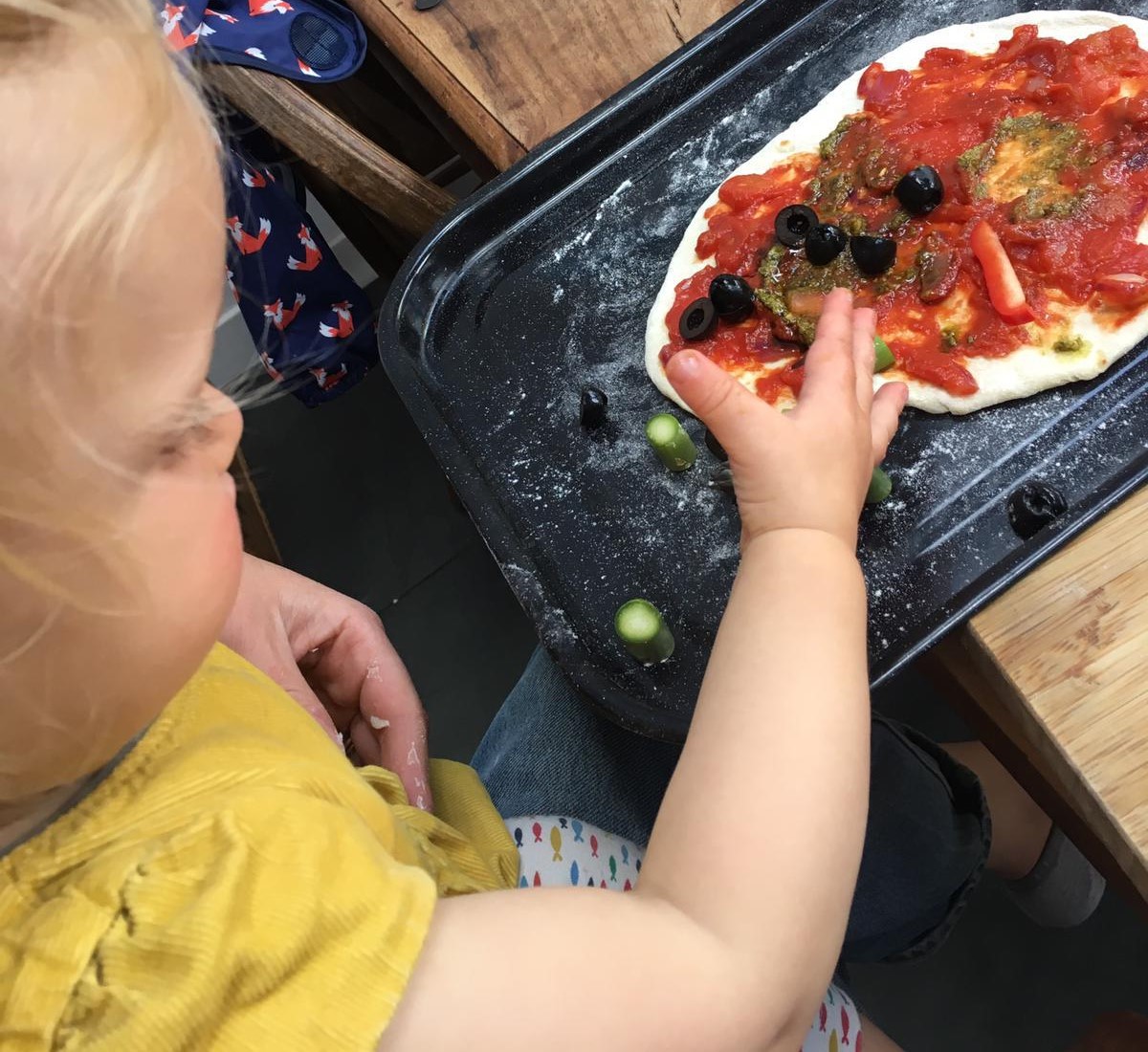 partners
partners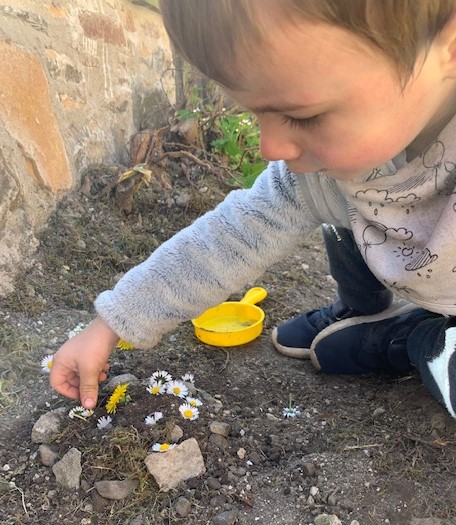 developing an 8-week programme to upskill Early Years practitioners with the confidence, knowledge & skills to help parents encourage the foundations of STEM through everyday activities and interactions, and to support STEM skills in their settings,
developing an 8-week programme to upskill Early Years practitioners with the confidence, knowledge & skills to help parents encourage the foundations of STEM through everyday activities and interactions, and to support STEM skills in their settings,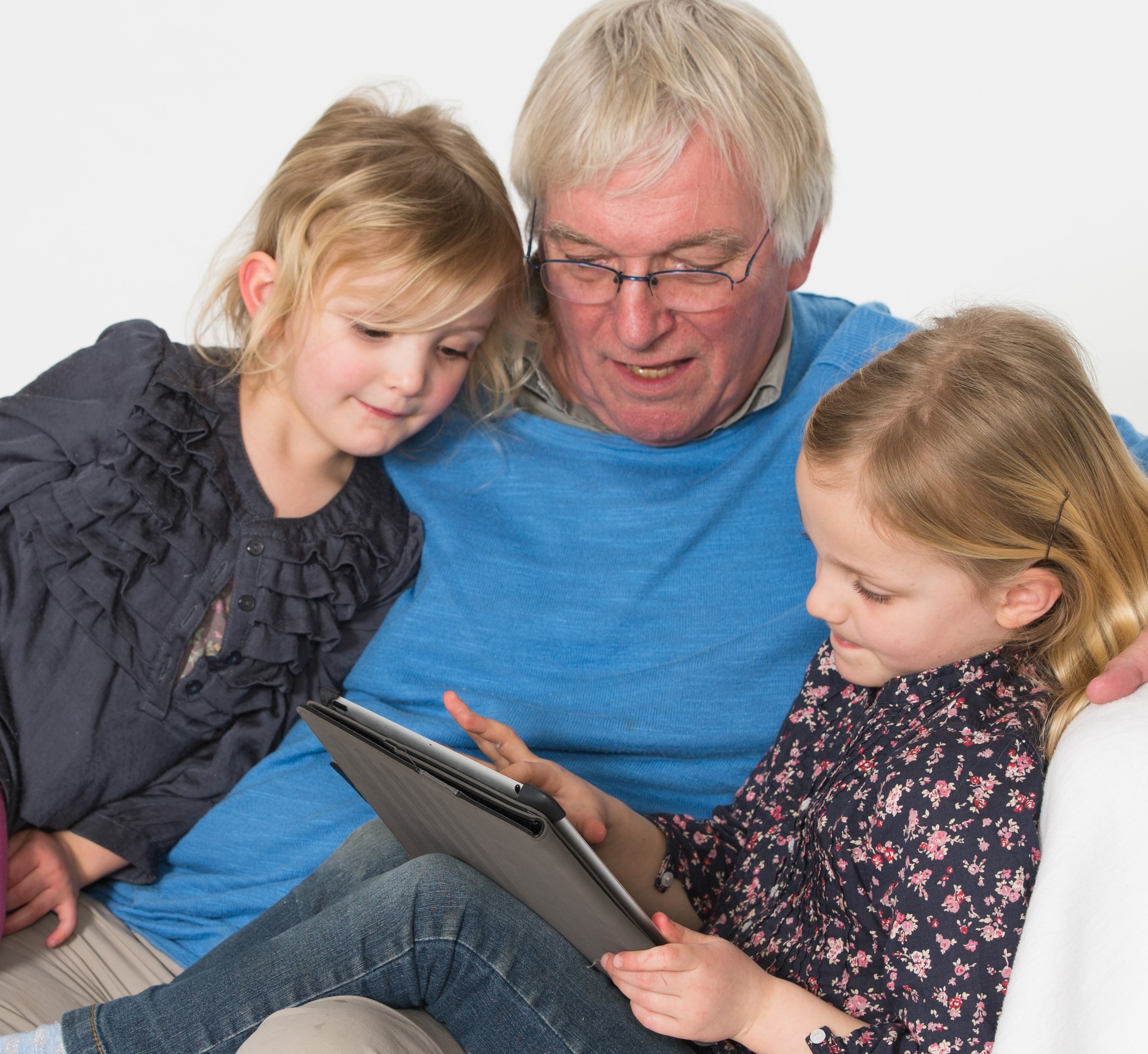 We hope that STEM will become something that more practitioners and parents are excited rather than anxious about. Together we will help very young children from all walks of life embrace their inborn curiosity and fulfil their potential to become the scientists, engineers, mathematicians, programmers and inventors of the future.
We hope that STEM will become something that more practitioners and parents are excited rather than anxious about. Together we will help very young children from all walks of life embrace their inborn curiosity and fulfil their potential to become the scientists, engineers, mathematicians, programmers and inventors of the future.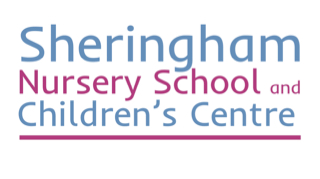
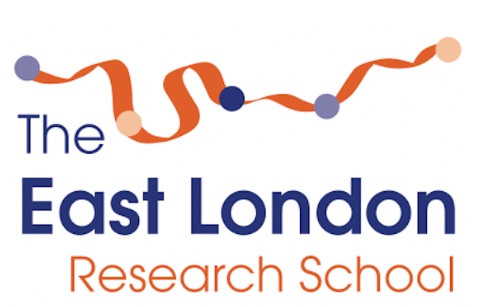


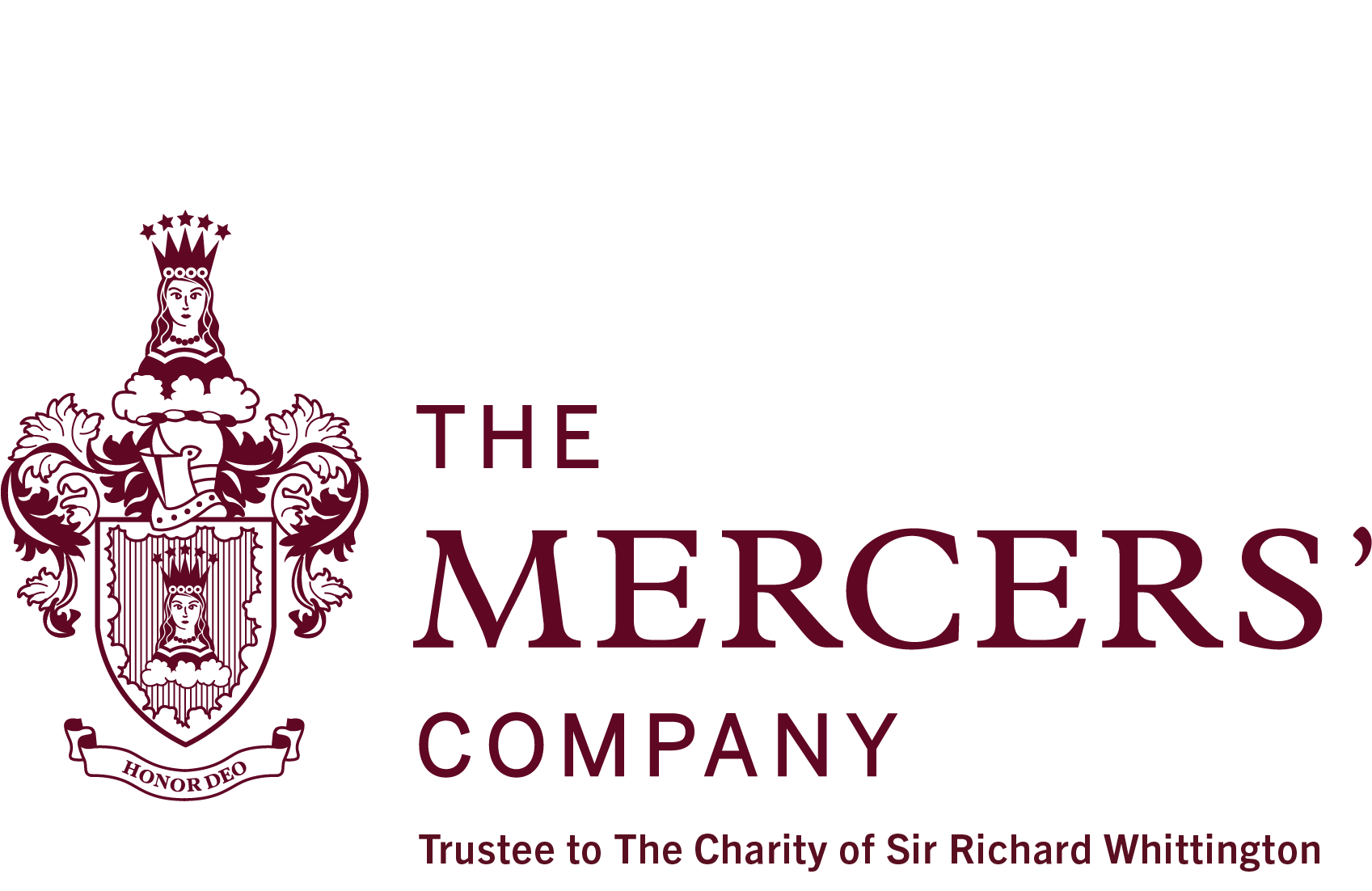
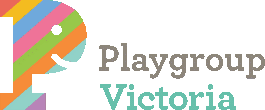
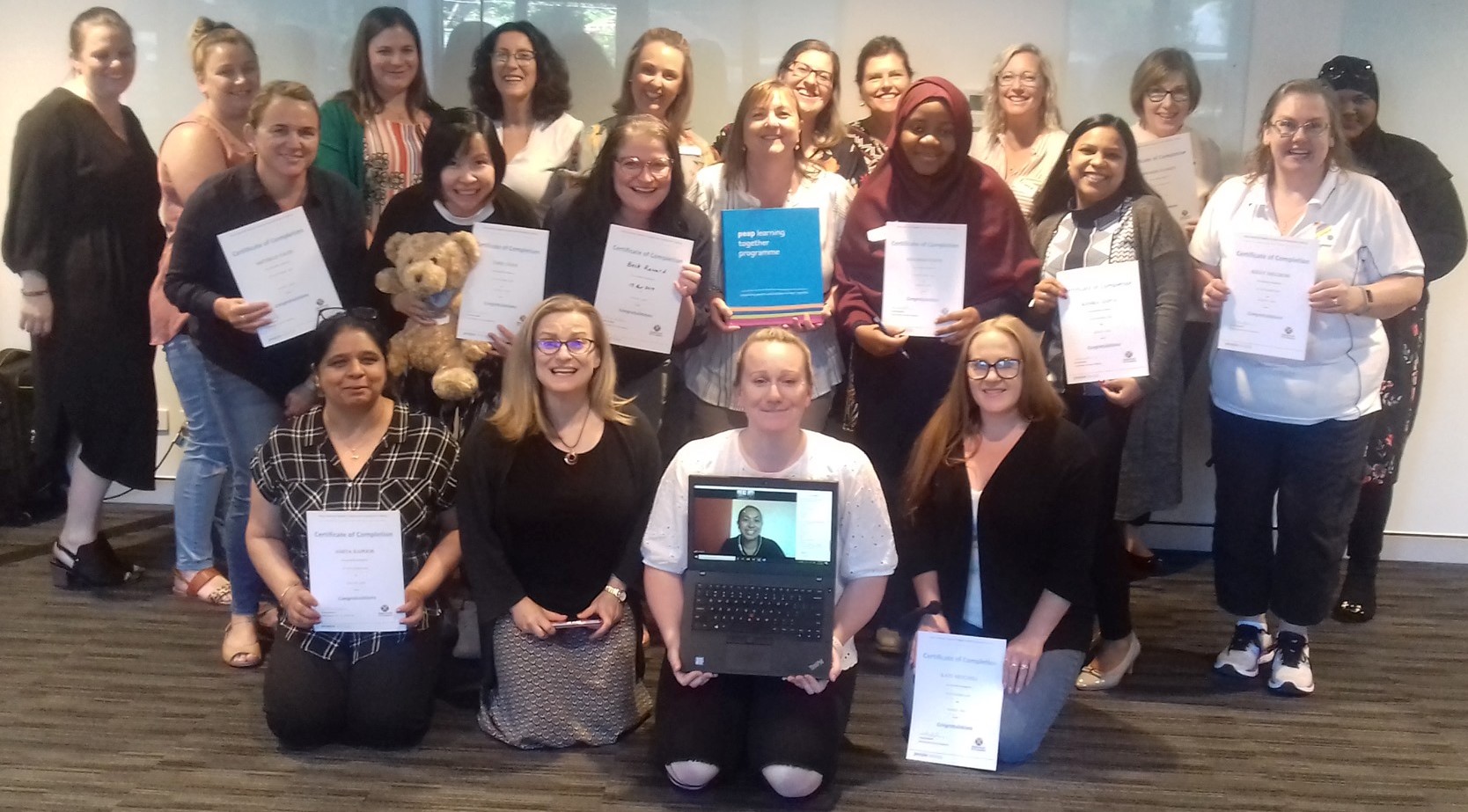 Claire Georgiou is Peep National Manager for Playgroup Victoria. Claire has several years’ experience in delivering the Learning Together Programme with families, and delivering Peep training to practitioners.
Claire Georgiou is Peep National Manager for Playgroup Victoria. Claire has several years’ experience in delivering the Learning Together Programme with families, and delivering Peep training to practitioners.